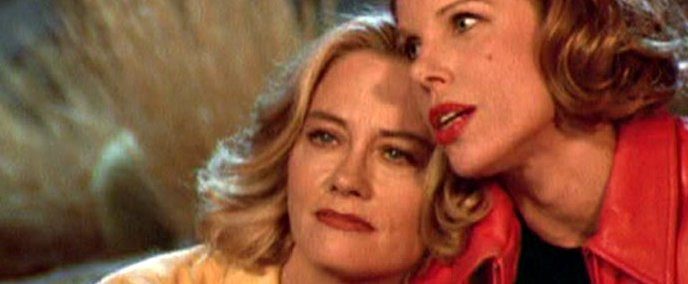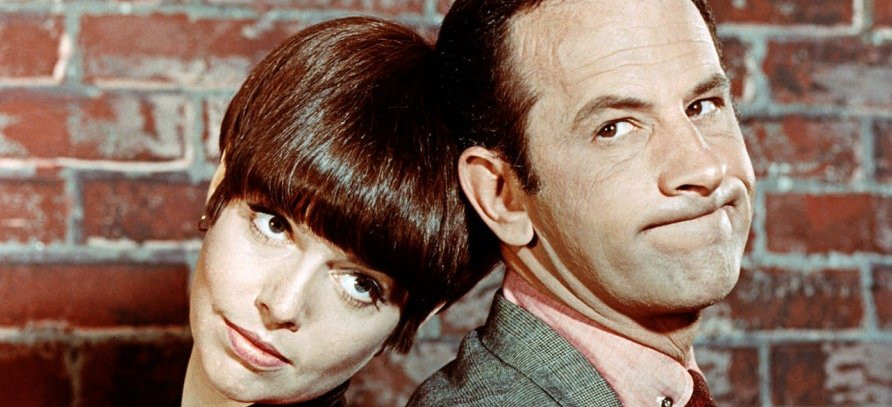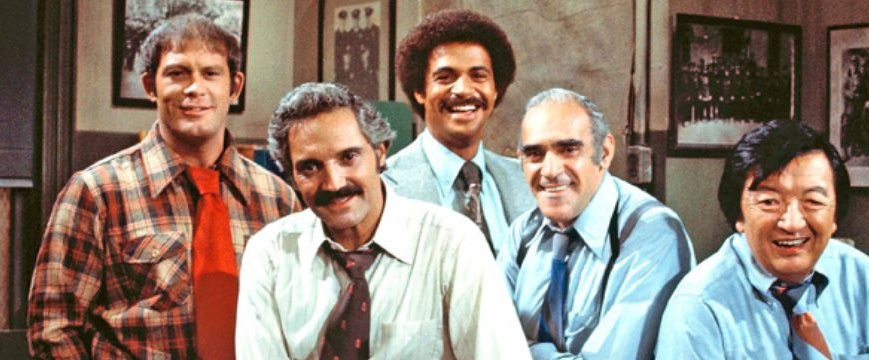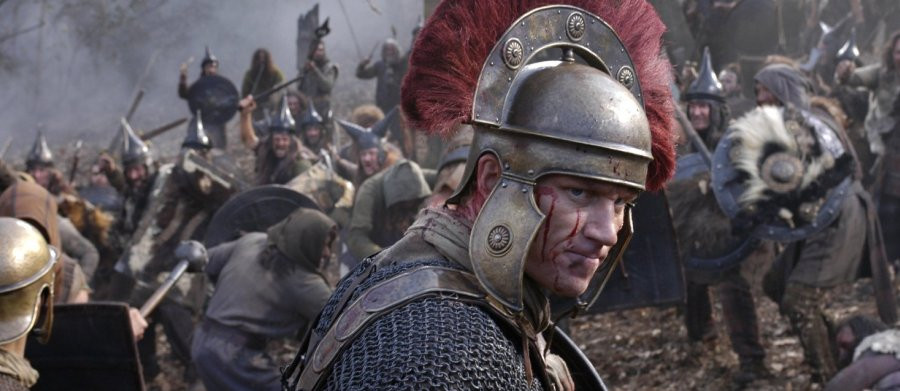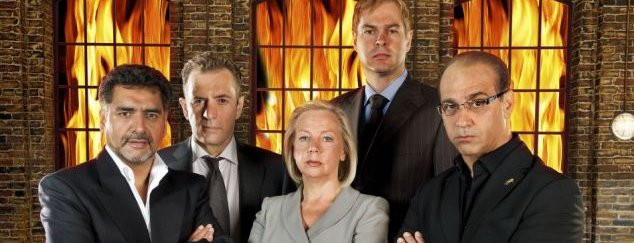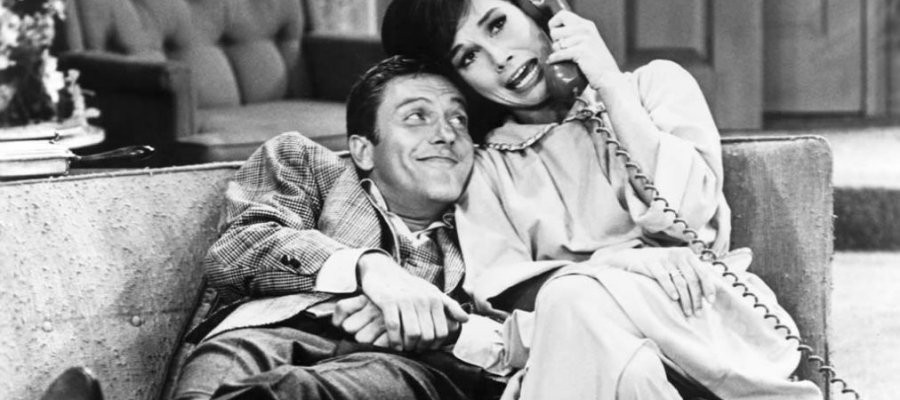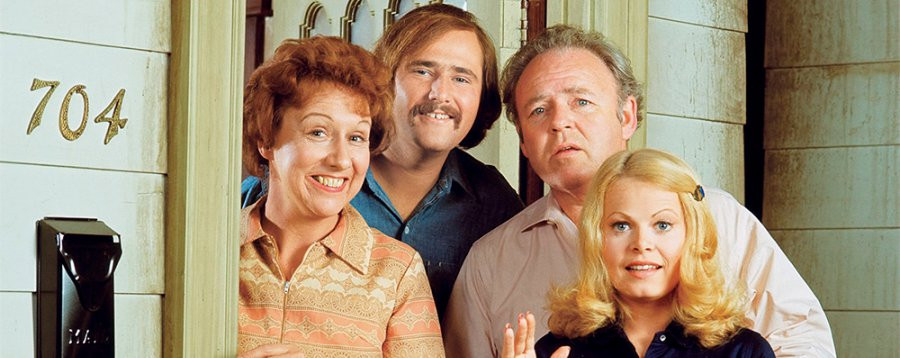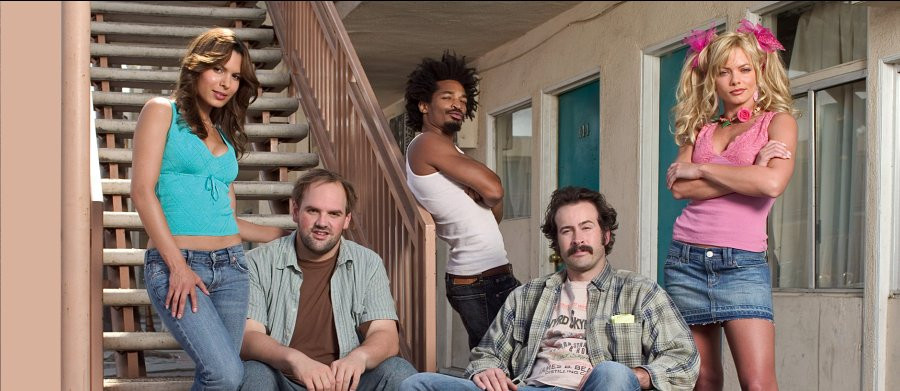
My Name is Earl
2005 - United StatesReview: John Winterson Richards
It is one of the most important, and encouraging, lessons in life that people tend to get better at things over time. Despite a lot of legends to the contrary - the idea of the "natural talent" sells tickets because it appeals to those who do not like the thought of hard work - the truth is that even the most famous exponents of different arts were usually pretty incompetent when they first started, but they improved with practice and experience.
So there really ought to be a major award, equivalent to an Oscar or an Emmy, for the Most Improved Actor of the Year. Mark Wahlberg, Matt Damon, and Ben Affleck would all surely be multiple winners, but there is no doubt that in 2005 it would have gone to Jason Lee for My Name Is Earl.
A skateboarder by profession - honestly - Lee showed all the subtlety and emotional range one would expect of a professional skateboarder in his early film roles for his friend Kevin Smith. Then in 'Almost Famous' he surprised everyone by being actually rather good, at least in a part that might have been tailor made for him. The same is true of his role in 'My Name Is Earl,' so it seems strange in retrospect that he was apparently reluctant to accept it.
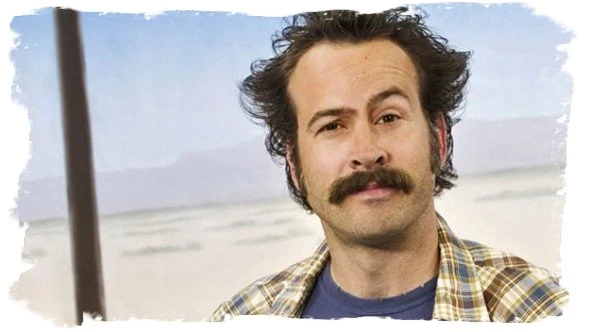
Earl Hickey is not a complicated man. Having no hidden depths of his own, he is content to accept things as they appear. He is driven by whatever emotion or appetite he feels at the time, but he is not normally passionate about anything. This is reflected in his facial expressions, of which he has no more than about half a dozen. Lee's limitations therefore work to his advantage in this case, but it is nevertheless a skilful performance, a masterclass in understatement. It is also a tribute to Lee's offbeat charm that he retains the viewer's sympathy for a character who is in many respects very unsympathetic.
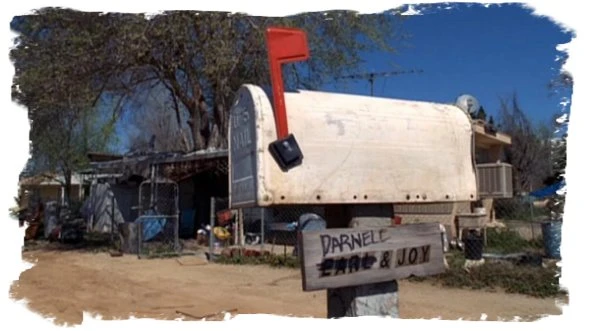
Earl is literally "trailer trash." For most of his life he has been a lazy, selfish, self-indulgent petty criminal with something of a mean streak. Then he wins $100,000 on the lottery - only to lose the ticket almost immediately when he is promptly run over. Recovering, he hears someone on a chat show talking about "karma." This is very much a chat show version of "karma," simply suggesting that it you do good things then good things will happen to you, and if you do bad things then bad things will happen to you, but Earl is a simple man who takes things at face value. He never considers the deeper theological and philosophical issues, such as those raised by the Book of Job, even if the script does. Earl is the sort of man who actually believes what he hears on television.
He decides to make a list of all the bad things he has done in his life and see if he can make amends for them. He begins by picking up rubbish to make up for being a litterbug - and finds his lost lottery ticket. He takes this as proof that "karma" works. It is important to note that he has not had any sort of Spiritual awakening. His motivation remains as selfish as it ever did: he does good things in the expectation that good things will happen to him. However, in the process, he begins to change. He finds satisfaction in helping people. He thinks more about their needs. He becomes more understanding of them - and likeable.

Earl's partner in crime, and then in good deeds, is his brother Randy, played by Ethan Suplee, another Kevin Smith regular, with whom Lee had already worked. Randy is even simpler than Earl. Indeed, at the risk of using an unfashionable term, he might fairly be described as "slow" or "educationally challenged" or whatever the current euphemism might be - it is hard to keep up with these things. Earl seems quite proud when he describes how his brother was assessed as "borderline artistic."
In "flashbacks," Earl and Randy are revealed as having been a very unpleasant duo, but possessed of a certain low animal cunning. In their quest to do good deeds, they acquire more of a childlike innocence. They are a pair of Holy Fools, and as the bigger Fool Randy becomes the more Holy.
That is not a word that could ever be applied to Earl's wife, the inappropriately named Joy. Even more self-centred than her husband, she divorces him while he is recovering from being run over - before he finds that winning lottery ticket. Earl was in any case fairly certain that he was not the biological father of either of the children of the marriage - especially since Earl is white and Earl Junior is black. So, coincidentally, is Earl's friend, Darnell, who moves into the trailer with Joy and marries her soon after. Earl seems to bear him absolutely no resentment.
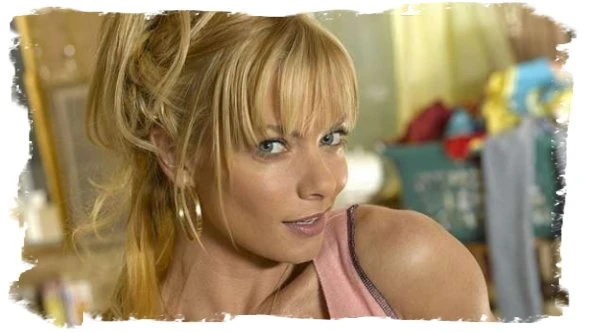
No wonder, because Joy - played with relish by Jaime Pressly - is a low life Lady Macbeth. Attractive in a very tarty sort of way, she is bossy, manipulative, short tempered, and ruthless. Her only redeeming feature is a very strong protective instinct when it comes to her children - and, to an extent, Darnell. When she learns about Earl's money, she is willing to do anything it takes to get her hands on it - absolutely anything.

Darnell himself, played by Eddie Steeples, takes all this in is stride. He seems calm and easy going about everything. It turns out that this is because Darnell has bigger problems.
Meanwhile, Earl and Randy move into a motel, where Randy falls in love with the beautiful Latina chamber maid, Catalina, played by Nadine Velazquez. She is full of horrifying stories of the poverty and violence of the village where she was brought up, which she seems to treat as perfectly normal.
The fictional Camden County, where these principals live, is the sixth character in the show. It is a fully realised universe of its own. Like Pawnee, Indiana, in Parks and Recreation, it has its peculiar history and traditions. It even has its own version of the Amish, the Camdenites, whose women always carry an axe - a practice that can cause some regrettable misunderstanding.
Unlike Pawnee, Camden is not located in any specific State. Although Executive Producer Greg Garcia is quoted as saying that it is based loosely on the Virginia neighbourhood where he was raised, he was always careful to keep Camden a bit ambiguous, except that it is definitely not Camden, New Jersey. It is filmed mainly in the San Fernando Valley - known as "the Valley," the part of Greater Los Angeles that other parts look down on as trashy - but it is implied that it is in a less metropolitan part of America. It could be in the South or the Mid West, one of the "flyover" States, the ones in in the middle which trendy types only see when they fly over them commuting between the East and West Coasts.
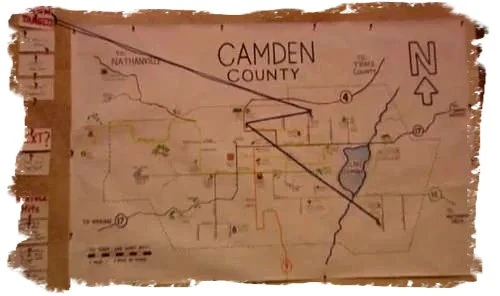
Since television production is based on the Coasts - Hollywood in the West, New York in the East - Camden is therefore how American television sees much of the rest of America. It is a satirical view, of course, but one wonders how much the television folks actually believe it.
Camden's inhabitants are patriotic but poorly educated. They are, to a greater or lesser extent, like Earl himself, fairly simple folk who tend not to question things. Although dimly aware of modern sensibilities, the people of Camden are not overly sensitive about how they express themselves. Joy always refers to her lawyer, played by Oscar Winner Marlee Matlin, as "my deaf lawyer." Their literal mindedness is a great source of comedy but also rather refreshing in an age when even supposedly cutting-edge comedy is petrified of causing "offence," or rather what certain people might claim has offended them. One of the joys of Camden is that it really does take people as they come. In that sense it is both tolerant and egalitarian.
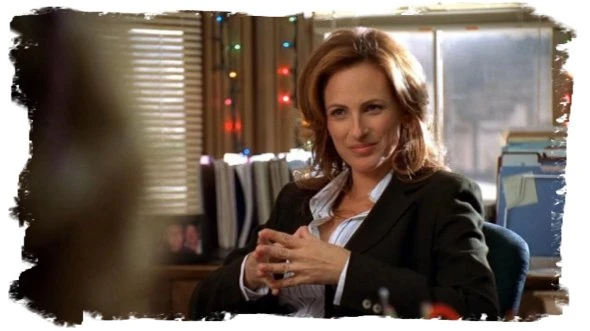
The final character is Earl's list, which takes on a life of its own. It provides the spine for the whole story. It is no spoiler to reveal that Earl never finishes it - in the sense that he never finishes writing it, let alone making amends for all the items on it. That may be the whole point.
The list actually gets longer, growing from 259 items at the end of the pilot to 277 in total at the end of the fourth season when the show ended prematurely. Earl has to add new items as he remembers old sins and even commits new ones. His new life has not made him perfect. Although the show refers to "karma," its treatment of atonement and sanctification is straight out of Christian theology. Earl also finds that there are items on the list for which he cannot make amends. They must remain on the list permanently. Yet there are other occasions when he tries to make amends and fails, but the trying is enough to prompt the person he hurt to forgive him freely. Some of these are quite moving.
Even more powerful is what happens when Earl "loses his faith" and gives up the list for a while. It is Randy who takes up the list and begins crossing off items for his brother until Earl gets back on track. One cannot help thinking of Sam carrying Frodo on 'Lord of the Rings' when the Ring Bearer himself is simply too tired to go on.
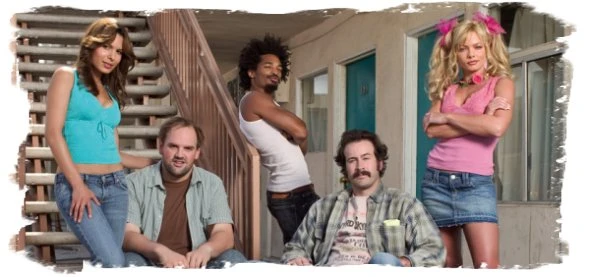
Although it has many questionable moments - it can be quite crass - 'My Name Is Earl' is therefore ultimately a moral show which makes serious points about redemption and how it cannot simply be earned. It is also, at its best, a very amusing show, especially in its matter of fact deadpan humour. If it tends to look down on its characters, it does so with great affection, which, on the whole, they deserve, in spite - or perhaps because - of their imperfections. For the lesson of 'My Name Is Earl' is that, since we are not perfect and cannot make ourselves perfect, we ought at least to try to be kind and tolerant towards our equally imperfect fellow humans.
Seen this show? How do you rate it?
Seen this show? How do you rate it?
Published on July 10th, 2020. Written by John Winterson Richards for Television Heaven.


